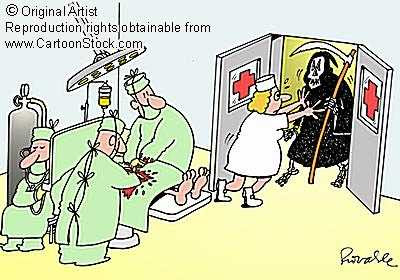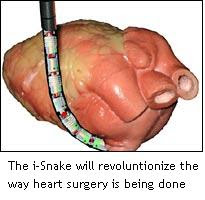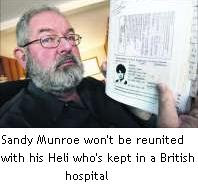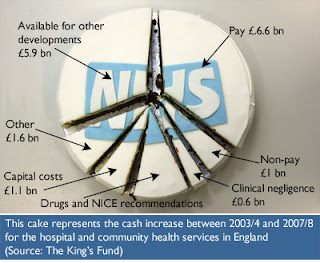 Canada's health care system offers "excellent value for the money" says a British researcher who has studied preventable deaths in 19 industrialized nations.
Canada's health care system offers "excellent value for the money" says a British researcher who has studied preventable deaths in 19 industrialized nations.
The study, to be released today in Health Affairs, looks at "amenable mortality", deaths that would not have occurred if effective health care had been available.
Conditions that caused these deaths included bacterial infections, treatable cancers, diabetes, some cardiovascular disease and the complications of common surgical procedures. The study, which looked at figures from 2002-03, updated a similar report based on 1997-98 figures.
Its goal was to compare amenable deaths in the United States with 14 western European nations, plus Canada, Australia, New Zealand and Japan.
The study also tracked whether gaps in these countries had narrowed or widened. The figures were computed according to amenable deaths per 100,000 population under the age of 75.
In the first study, the researchers found that amenable deaths in the U.S. stood at 114.74 per 100,000 population, exceeded only by Ireland, Portugal, Finland and the United Kingdom.
In that time period, Canada's amenable mortality rate was 88.77, the seventh-lowest rate after France, Japan, Spain, Australia, Sweden and Italy.
In the most recent study, Canada's amenable death rate had dropped to 76.83, putting Canada sixth after France, Japan, Australia, Spain and Italy.
Meanwhile, amenable mortality rates in the U.S. have barely budged from 114.74 to 109.65 in 2002-03, taking the U.S. from 15th place to last place among the 19 countries.
"This study shows that Canada's health system has performed very well in its ability to prevent people from dying from treatable conditions," said Martin McKee, a researcher at the London School of Hygiene and Tropical Medicine, and co-author of the study.
"While everyone has to die from something, sometime, in an ideal world, no-one would die from the causes we have looked at, in the age groups we have included."
"Of course, we don't live in an ideal world," said McKee.
"However, the bottom line is that the Canadian health system delivers outcomes that are substantially better than those in its southern neighbour."
"More importantly, outcomes in Canada are improving more quickly than those in the U.S.," he said.
"Given that the U.S health care system is far more expensive, this suggests that Canadians are getting excellent value for money."
The researchers expect there will be further improvements in amenable mortality rates in industrialized countries, but the rate will slow down.
The most significant gains were made in the 1970s and 1980s, when drugs to treat common conditions such as hypertension became widely available, said McKee.
That raises questions about whether the U.S. will be able to narrow the gap between itself and countries with much lower amenable mortality rates, he said.
"Other research shows that many Americans are unable to afford the prescription drugs they need," said McKee.
"So, if some future administration can tackle this then we could see real improvements there." In countries like Canada, he expects the main gains will be less in amenable mortality and more the the quality of life, especially for older people.
Source: Ottawa Citizen



